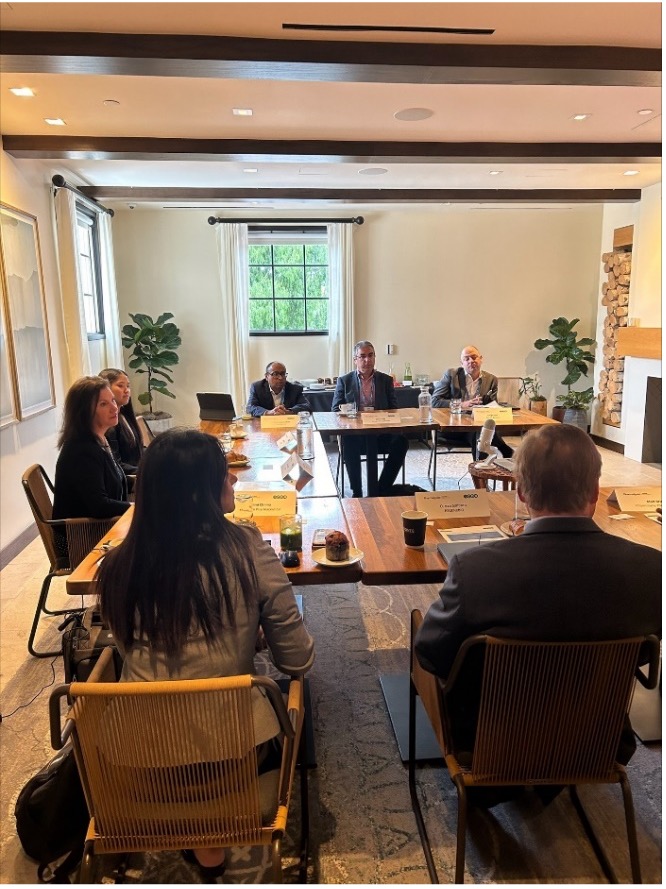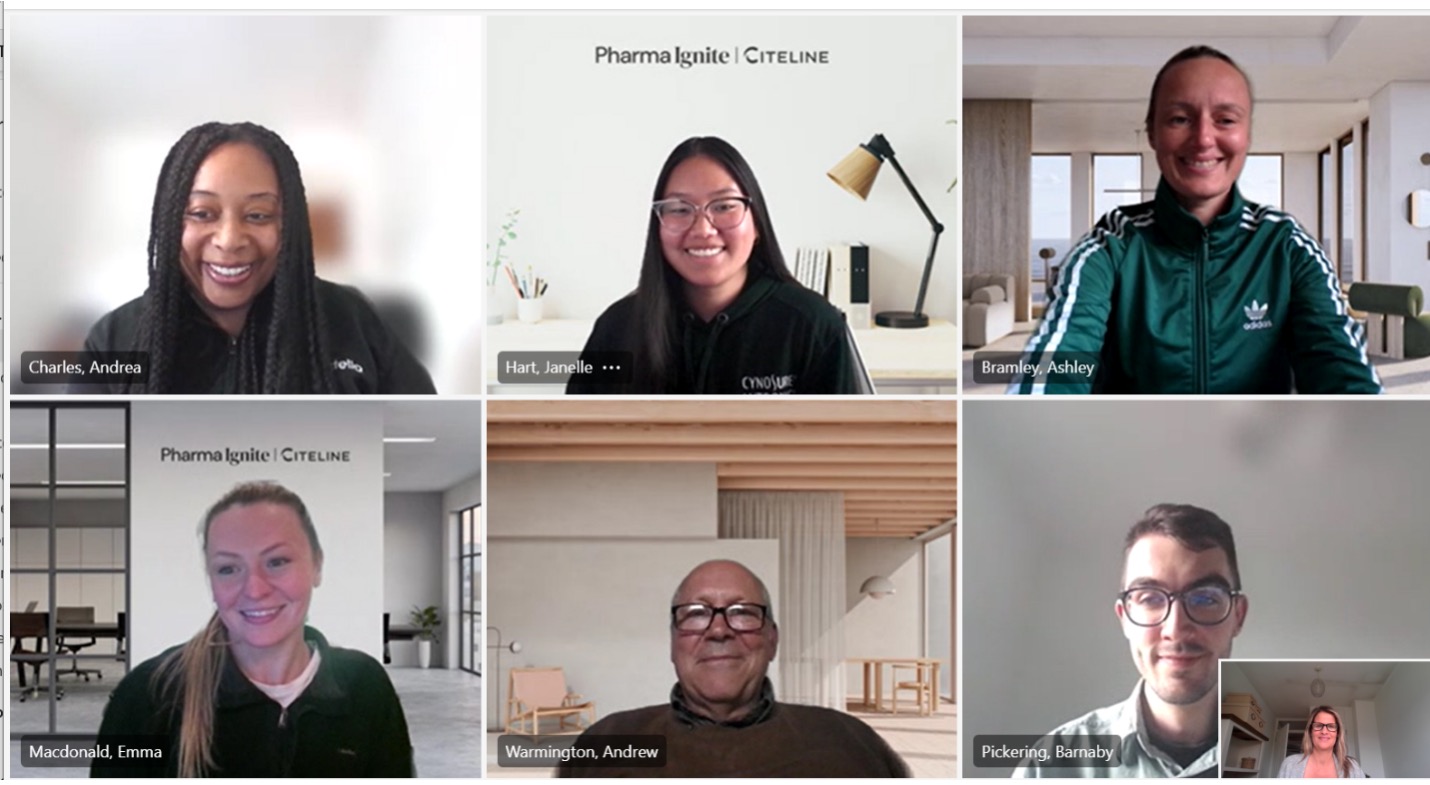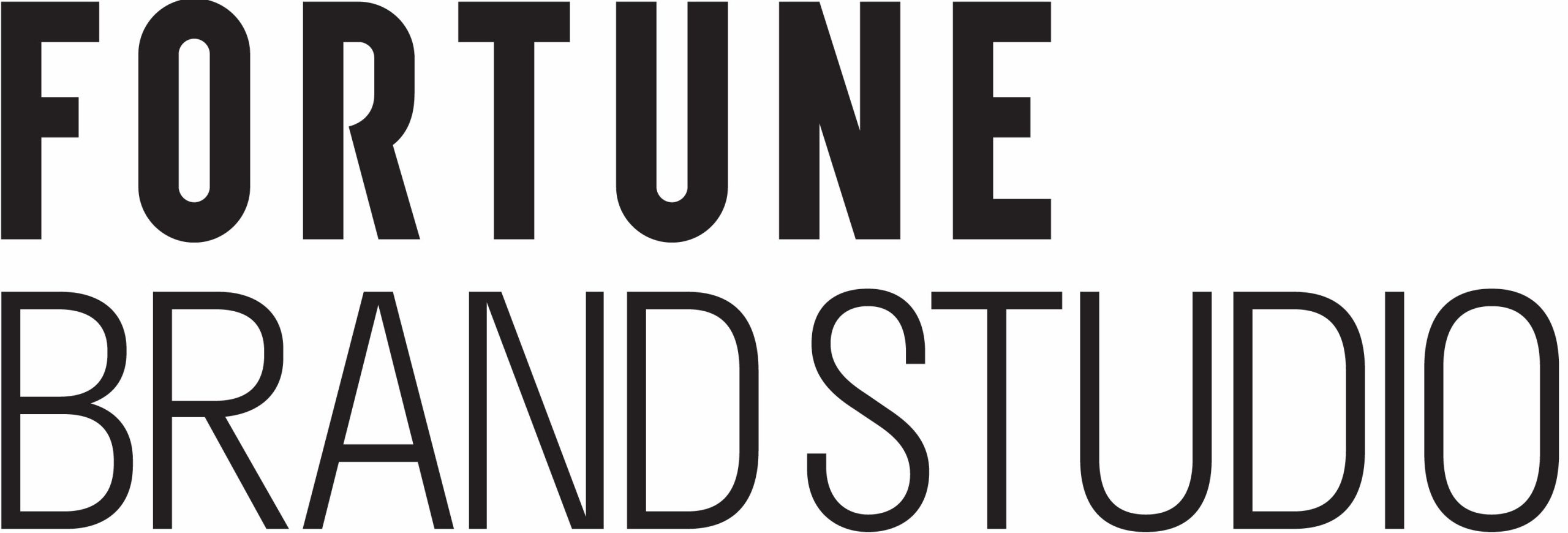Last year, Pharma Ignite, the marketing services division of Citeline, launched a hugely successful biotech campaign together with the world’s leading life sciences contract research organisation (CRO), ICON. The Citeline and ICON teams worked strategically together to create an efficient, multi-channel campaign that provided valuable insights to Citeline’s paying subscribers while further solidifying our long-standing relationship with ICON by combining marketing tactics that had been successful in previous campaigns with more innovative approaches.
Citeline is the publisher of many well-known life sciences publications, such as Scrip, Pink Sheet, and In Vivo. Each of these publications has a different audience, but they all operate on a subscriber-based model, where life sciences professionals pay for exclusive industry news and insights reported on by a global team of experienced journalists. Through these channels, Pharma Ignite publishes content in partnership with clients, targeting specific audiences based on a client’s needs.
For ICON’s 2023 marketing campaign, Pharma Ignite employed an out-of-the box strategy that over-delivered in terms of meeting their key objectives. This included promoting ICON’s new Biotech sub-brand across diverse channels, positioning their biotech subject matter experts (SMEs) as thought leaders to the life sciences community, giving credibility to their content and brand through research that produces quantitative data, and generating qualified leads within a selective target audience of small to mid-sized biotech companies.
To reach the lead goal, Pharma Ignite targeted manager- to C-suite-level stakeholders involved in clinical development and operations in the biotech industry. Despite the fact that this campaign targeted a very small, niche biotech audience, it proved successful on all counts. Stakeholders engaged with thought-provoking insights from SMEs on a range of biotech-focused topics, boosting brand awareness and building trust in ICON’s capabilities within the sector. Some of this content also captured valuable industry perspectives early on, which helped inform ICON’s content themes for the remainder of the campaign and equip them with business intelligence on the target community that would be used to enhance ICON’s credibility.

Varying content types were produced to ensure all target audience content preferences were accommodated, such as articles, podcasts, eBooks, research reports, an in-person roundtable, and more. This mix of content formats, combined with a thoughtful approach to topics based on data, ensured the delivery of strong results, and helped ICON gain significant traction with the target audience.
On top of that, Pharma Ignite strategically grouped all content in one location, capitalising on the momentum of other content to increase lead generation. The content in this central online ‘hub’ was marketed in a phased approach to avoid fatigue whilst ensuring opportunity for multiple touchpoints — an approach that had not been executed before. Channels utilised included social media, email, newsletter placement, and advertisements on Citeline’s publication websites for maximum brand awareness and targeted marketing for lead generation.
The content touched on a plethora of issues raised as concerns or subjects of interest by Citeline subscribers, such as the current state of the biotech industry, innovative therapeutic approaches shaping the space, regulatory considerations, etc., and involved valuable input from ICON’s SMEs. The editorial team worked with Citeline’s journalists to bring ICON the most valuable insights that maximised engagement and ultimately contributed to the effort to smooth the path from pipeline to patient.
While we realise such content plays only a small part in supporting development of lifesaving treatments to patients, entering this campaign into the UK Content Awards and being recognised for our work has felt unbelievably rewarding. The insights we generate with key stakeholders in the life sciences industry greatly impact decision making in this space, so the more people recognise their value, the more knowledge sharing can occur, leading to shifts in healthcare paradigms that can greatly benefit patients.
Connect with Citeline on LinkedIn and X.







